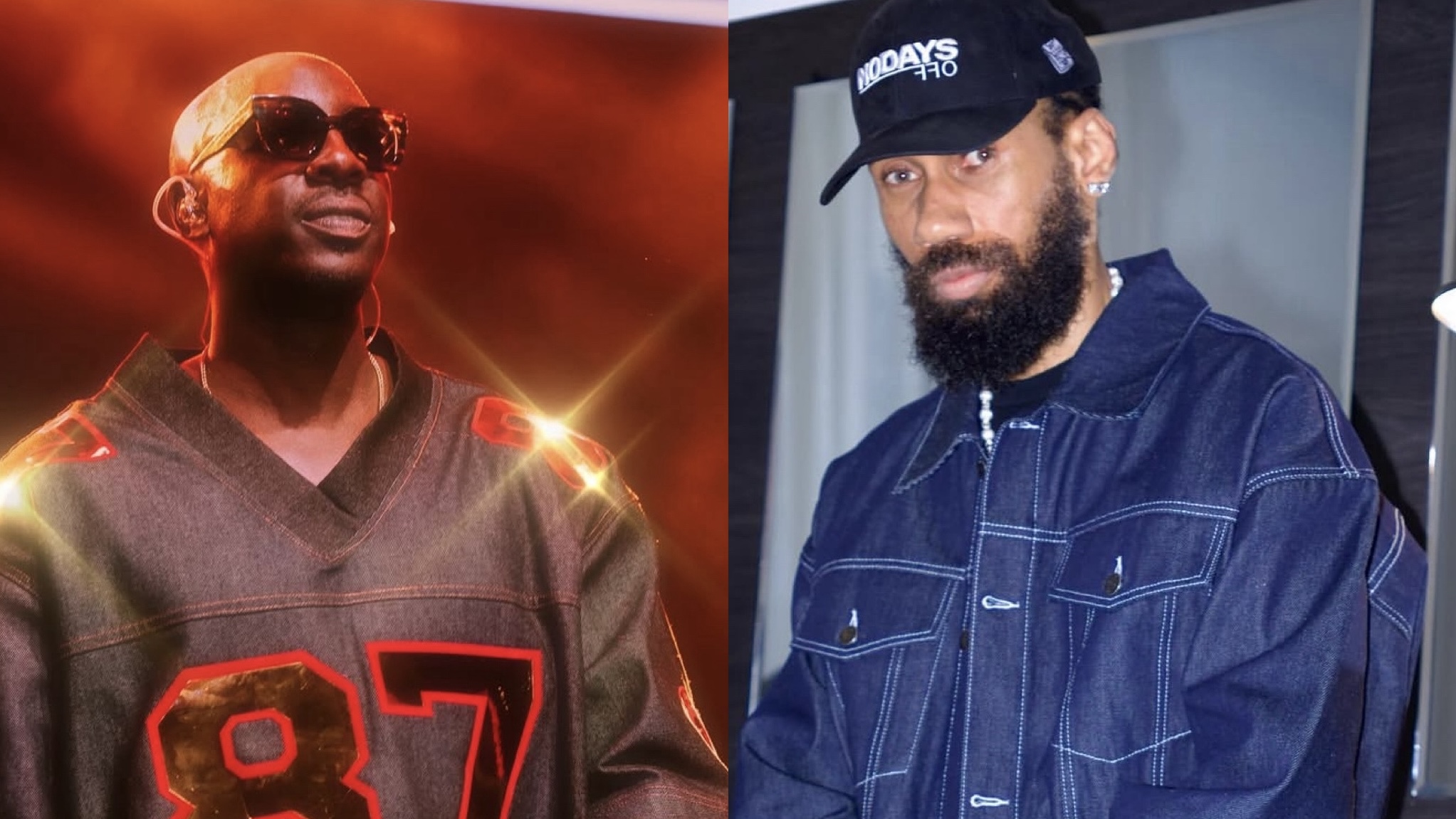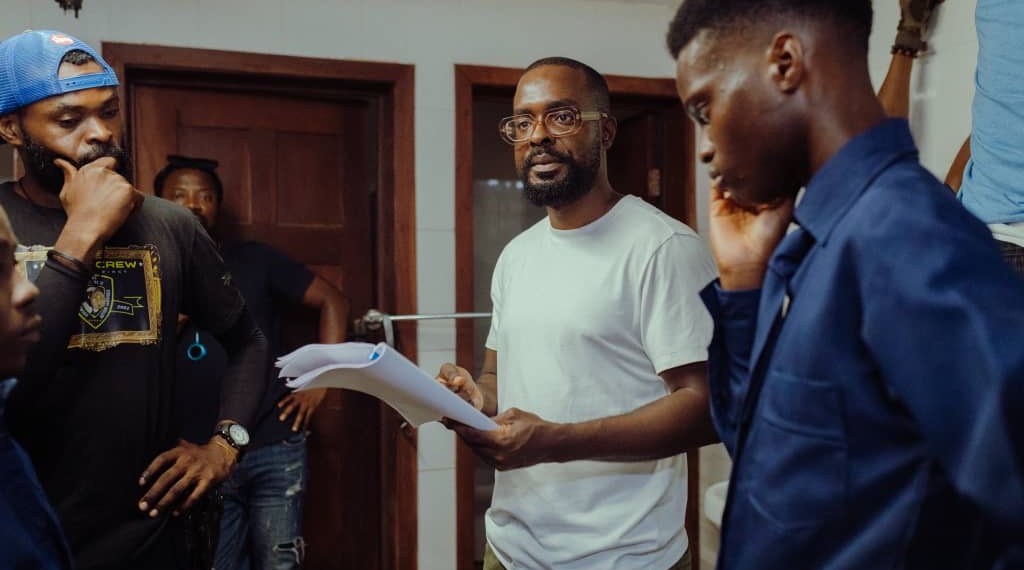A fresh wave of excitement is sweeping through the African creative community as Higher Ground, founded by former U.S. President Barack Obama and Michelle Obama, rolls out its latest podcast, Fela Kuti: Fear No Man. The 12-part audio documentary, hosted by acclaimed radio and podcast figure Jad Abumrad, shines a spotlight on the complex legacy of Fela Anikulapo Kuti—the pioneer of Afrobeat and enduring symbol of Nigerian resistance. The release, made exclusively available on Audible from Thursday, September 18, 2025, has set fans and musical historians abuzz, especially across Nigeria, Ghana, and the wider West African region.
Inside the Making of an Icon: Over 200 Voices Tell Fela’s Story
This ambitious series goes beyond the familiar rhythms and politics of Afrobeat. Drawing from an impressive pool of over 200 interviews, listeners get insight not only from Fela’s family and close-knit circle—including musicians, historians, and activists—but also from contemporary global stars like Burna Boy, Questlove, Paul McCartney, Ayo Edebiri, David Byrne, Brian Eno, and Santigold. According to the producers, each episode stitches together these voices to explore how Kuti’s artistry became a rallying force for those challenging military regimes and entrenched injustice.
Far more than a musical retrospective, the podcast dissects how Fela’s message transcended borders. His blend of highlife, jazz, and indigenous rhythms was not just entertainment—it was bold defiance in the face of political oppression, anthems for a Nigeria answering to the boot of dictatorship. The series reportedly weaves in archival recordings, unreleased anecdotes, and firsthand testimonies, all contributing to a vivid tapestry of the man behind the legendary “Shrine.”
The Kuti Legacy: Local Reflections, Lingering Questions
For many young Nigerians, Fela’s influence remains alive in street slang, fashion, protest movements, and—crucially—contemporary music. His legacy is celebrated annually during Felabration, the globally renowned festival held in Lagos, which marks its 25th anniversary this year. Fela’s grandson, Made Kuti, reflected on his grandfather’s impact in a recent statement: “Fela poured his hopes and beliefs out in his raw and unfiltered newly invented genre of music, aiming to inspire change in the mindset of so many people. He took fearless risks that probably led him to being the most incarcerated musician in history,” Made stated. He continued, “Today his music inspires musicians and listeners all around the world, but his nation that he tried so hard to help to develop is arguably several times worse than it was while he was alive. Today, so many of us carry on his vision for a better future and Felabration is just one of many ways we show how thankful we are for all the risks he took to inspire us.”
This sobering view resonates with many activists in West Africa, some of whom argue that the very societal ills Fela railed against—corruption, inequality, police brutality—persist today. According to Lagos-based music historian Chinedu Agbaje, “While Fela’s music is now globally recognized, Nigeria continues to fight the same battles. The challenge, and perhaps the inspiration, is that young people today are still finding their own voices through creativity.”
Jad Abumrad’s Perspective: Unpacking a Man of Many Faces
Bringing fresh energy to the project is host Jad Abumrad, known for his ground-breaking storytelling in Radiolab and Dolly Parton’s America. He reflected on the difficulty of capturing Fela’s complexity: “Fela is a thousand things, and I hope we captured some of that complexity in this series,” Abumrad said. “He’s a movement builder, a cult leader, a groove weaver. But for me, what makes him so hard to shake is that his life asks a question: when the world is spinning out of control, what’s the right response? His weapon was music. And for a moment, that was enough to almost topple a government and create a new world order. Can art actually save us? I hope it can, but I’m still not sure. On my more optimistic days, I reach for a Fela record.”
Abumrad’s expertise, backed by his MacArthur Fellowship and years of audio storytelling innovation, means listeners can expect not just facts but also emotional resonance. The podcast is lauded for its nuanced soundscapes and in-depth examination of both the man and his mission—a style that has defined Abumrad’s previous award-winning projects.
Felabration at 25: A Cultural Touchstone
Marking a major milestone, this year’s Felabration, scheduled from October 13 to 19 in Lagos, is not merely a festival but a pivotal cultural event in West Africa, attracting thousands from across the continent and the diaspora. In line with this landmark celebration, the first two episodes of Fela Kuti: Fear No Man will be made freely accessible across all podcast platforms on October 15, with new episodes rolling out weekly for eager listeners around the world.
Local creative voices, like Abuja-based songwriter Gloria Amadi, explained why Fela’s legacy remains vital: “Felabration is more than music. It’s a forum for activism, dance, and dialogue about the future of our country—where Fela’s questions about leadership, identity, and justice continue to matter.” Comparing Felabration’s energy to Ghana’s own Chale Wote festival and South Africa’s Joburg Carnival, some argue that Fela’s spirit has helped shape the very identity of modern African festivals, placing Nigeria at the heart of a global movement for artistic freedom.
The Global Impact: Bridging Africa and the World
The new Audible series is already positioning itself as a pivotal reference for how Africa tells its own stories—an aspect of growing importance as international audiences seek more authentic narratives beyond the mainstream. According to London-based critic Ayo Osuntokun, “This podcast is part of a broader shift, as African legends like Fela are reinterpreted for the digital age, ensuring their messages reach a Gen Z audience from Lagos to Los Angeles.”
Meanwhile, the inclusion of voices from the African diaspora and global music icons illustrates just how far Fela’s rhythms and radical spirit have travelled. The series, its supporters claim, echoes the ongoing influence of Nigerian and West African creatives—from Burna Boy’s Grammy-winning sounds to the international recognition of Afrobeat in film, dance, and even fashion.
Challenges and Counterpoints: Is Fela’s Legacy Enough?
Still, some critics voice skepticism about such retrospectives, questioning whether artistic tributes do enough to spark real change. As Lagos social commentator Tunde Adeyemi put it, “Celebrating Fela is important, but it can’t replace government accountability or deep social reform. We need to keep pushing beyond nostalgia.” Others emphasize that tapping into Fela’s spirit is most powerful when it leads to direct action—a point echoed by youth-led protest organizers, who say his music remains the soundtrack of the #EndSARS movement and similar campaigns calling for better governance.
Looking Ahead: The Next Generation of Afrobeat and Activism
With interest in Fela’s story stretching across generations and geographies, the continued evolution of Afrobeat—and its ties to activism—is front and center. As West Africa’s creative industries boom, and global streaming platforms bring new audiences to classic sounds, the significance of projects like Fela Kuti: Fear No Man will only grow.
In sum, this new podcast not only celebrates a singular Nigerian icon but also invites hard questions about the direction of the nation, the persistence of protest culture, and what it truly means to “fear no man” in today’s Africa. Will art and activism ever tip the scales? Or will Fela’s songs forever be a clarion call echoing down the streets of Lagos, Accra, and beyond?
How do you see Fela Kuti’s influence shaping Nigeria and West Africa’s future? Do you believe artistic movements like Afrobeat can still inspire change in today’s world? Share your thoughts in the comments section—your voice matters!
Have a story about Afrobeat, Nigerian creativity, or activism you want to share or sell? We want to hear from the voices shaping our culture. Get your story featured or discuss story sales by emailing us at story@nowahalazone.com.
For general support or media tips, contact us at support@nowahalazone.com.
Stay connected for more on local legends and global trends—follow us on Facebook, X (Twitter), and Instagram!









